- Home
- ottoman turkish
- PDF] Automated Transcription of Non-Latin Script Periodicals: A Case Study in the Ottoman Turkish Print Archive
PDF] Automated Transcription of Non-Latin Script Periodicals: A Case Study in the Ottoman Turkish Print Archive
4.5 (685) · $ 22.99 · In stock
The challenges of training HTR models where one-to-one correspondence between the writing systems do not exist are discussed, and results based on the HTR experiments with two OT periodicals from the early twentieth century are reported. Our study utilizes deep learning methods for the automated transcription of late nineteenth- and early twentieth-century periodicals written in Arabic script Ottoman Turkish (OT) using the Transkribus platform. We discuss the historical situation of OT text collections and how they were excluded for the most part from the late twentieth century corpora digitization that took place in many Latin script languages. This exclusion has two basic reasons: the technical challenges of OCR for Arabic script languages, and the rapid abandonment of that very script in the Turkish historical context. In the specific case of OT, opening periodical collections to digital tools require training HTR models to generate transcriptions in the Latin writing system of contemporary readers of Turkish, and not, as some may expect, in right-to-left Arabic script text. In the paper we discuss the challenges of training such models where one-to-one correspondence between the writing systems do not exist, and we report results based on our HTR experiments with two OT periodicals from the early twentieth century. Finally, we reflect on potential domain bias of HTR models in historical languages exhibiting spatio-temporal variance as well as the significance of working between writing systems for language communities that have experienced language reform and script change.
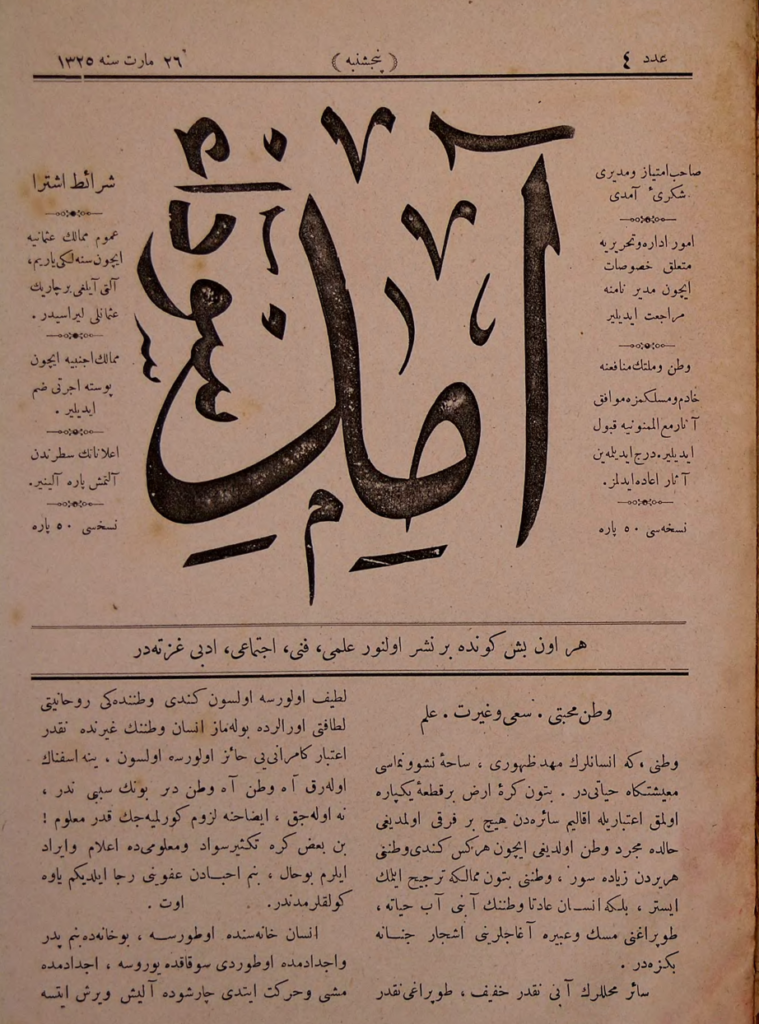
Ottoman Turkish Print - Public Transkribus AI Model
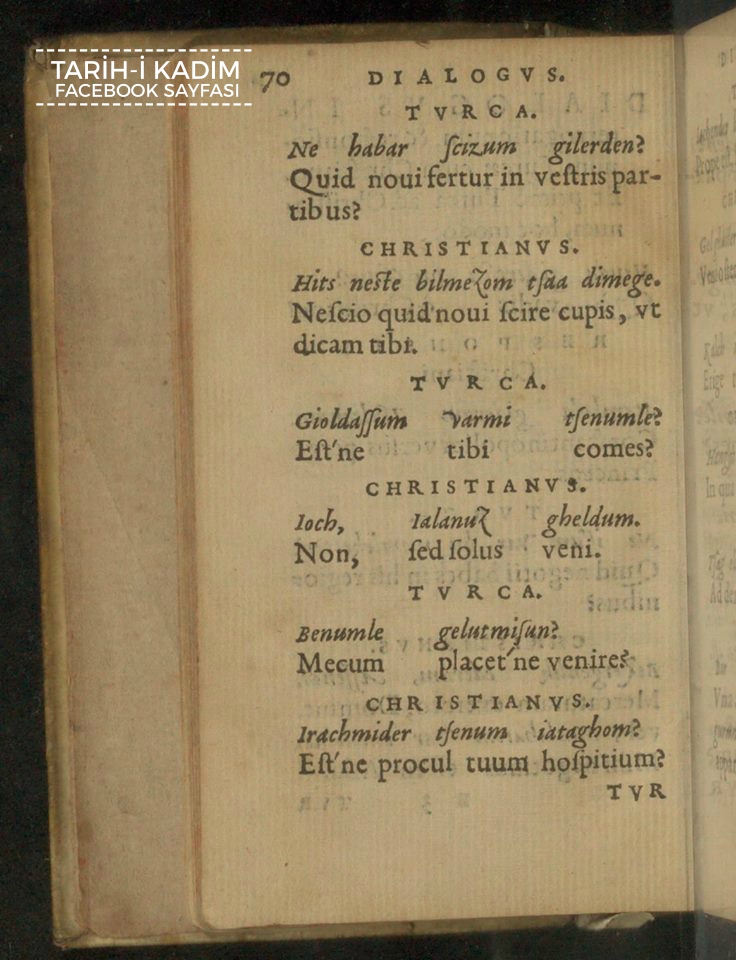
Language Log » Turkish written with Latin letters half a millennium ago

Table 2 from The Challenges and Pitfalls of Arabic Romanization and Arabization

PDF) Machine-Based Transliterate of Ottoman to Latin-Based Script
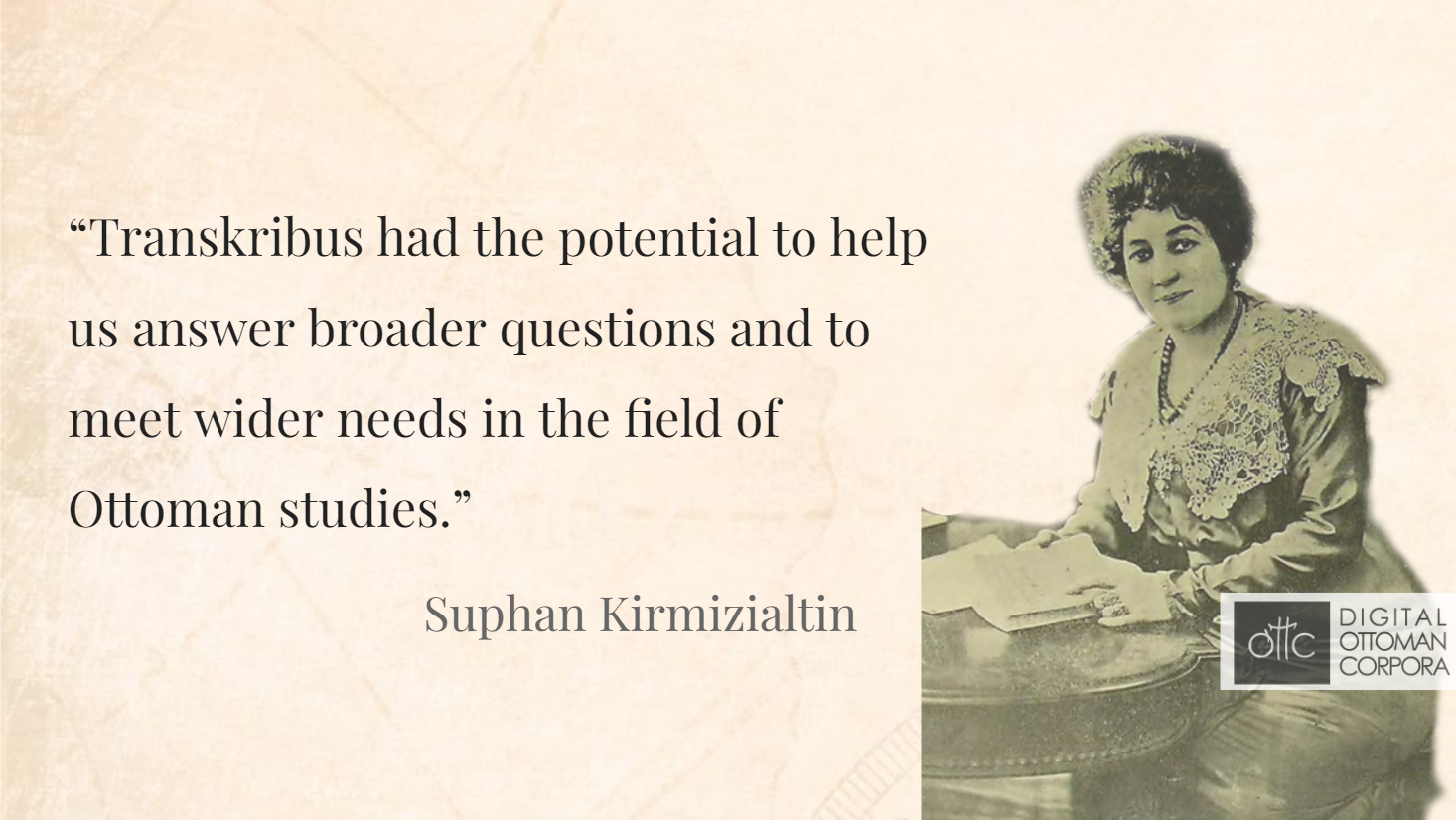
From Script to Digital - Transforming Research for Ottoman Turkish Texts with Suphan Kirmizialtin - READ-COOP

PDF] New Results for the Text Recognition of Arabic Maghrib{ī} Manuscripts - Managing an Under-resourced Script

Turkey switches from Arabic script to the Latin alphabet – archive, 1928, Turkey

DHQ: Digital Humanities Quarterly: Open Arabic Periodical Editions: A Framework for Bootstrapped Scholarly Editions Outside the Global North

Multilingual Handwritten Text Recognition (MultiHTR) or Reading Your Grandma's Old Letters in German, Russian, Serbian, and Ottoman Turkish with Artificial Intelligence

PDF) Retrieval of Ottoman documents
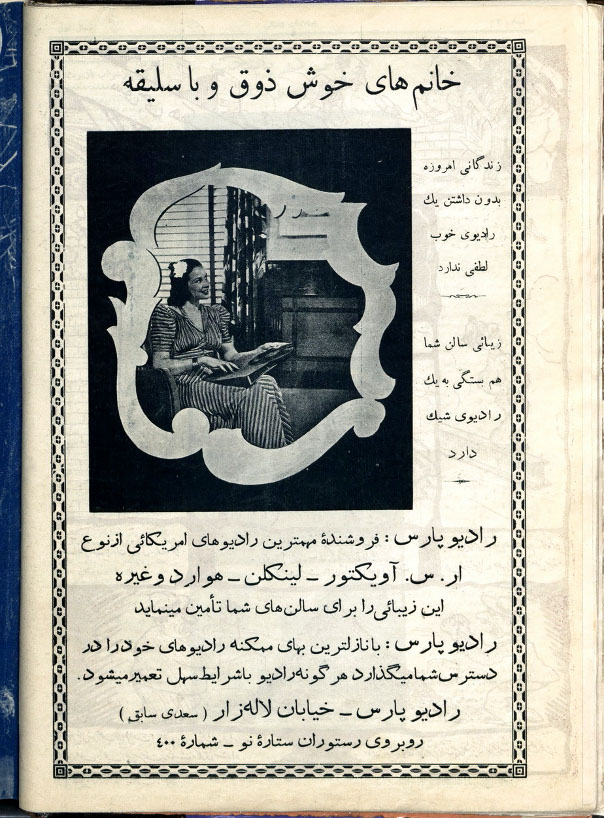
DJCorrea TexLibris

DHQ: Digital Humanities Quarterly: Open Arabic Periodical Editions: A Framework for Bootstrapped Scholarly Editions Outside the Global North

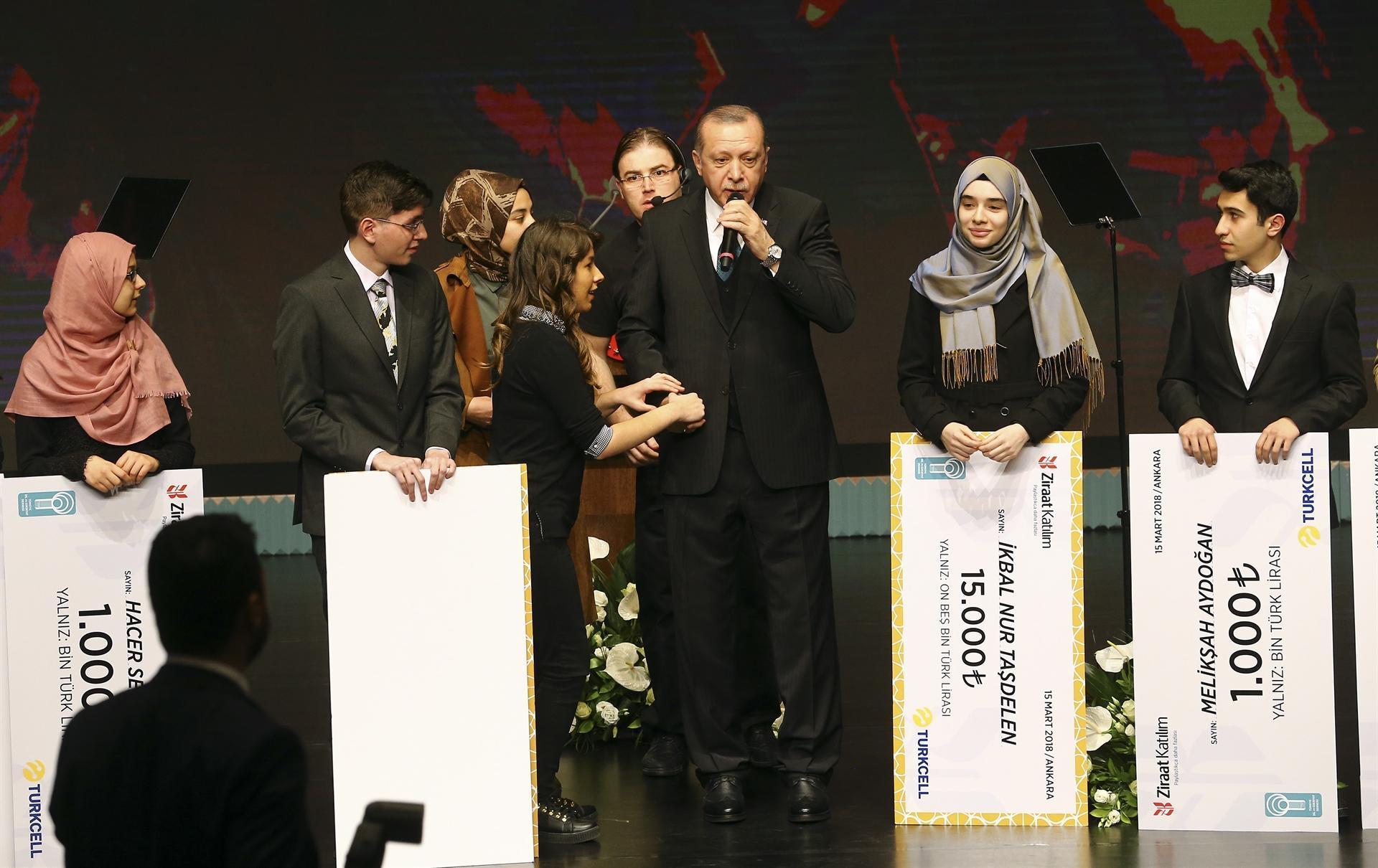
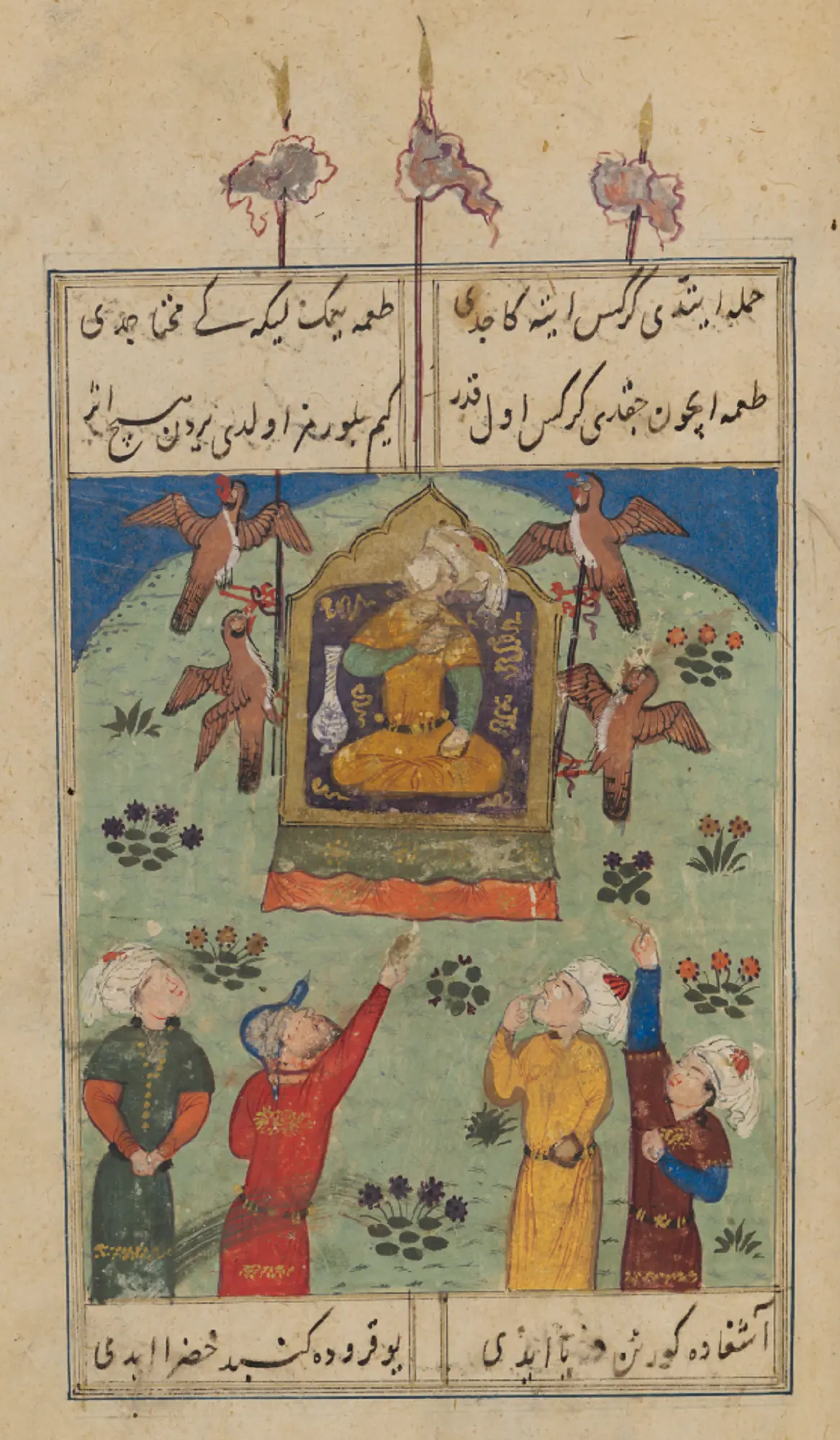
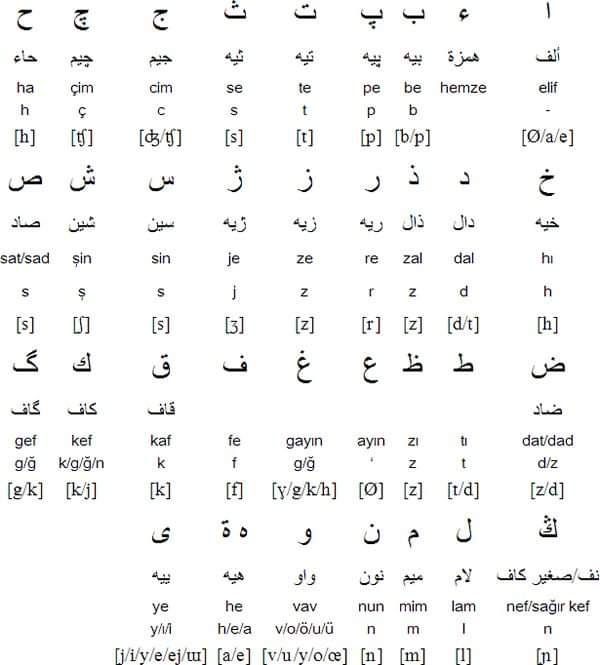

![PDF] Automated Transcription of Non-Latin Script Periodicals: A Case Study in the Ottoman Turkish Print Archive](https://d3i71xaburhd42.cloudfront.net/2560e62bf89977a136825ae94228650b4bfd3358/7-Figure1-1.png)





